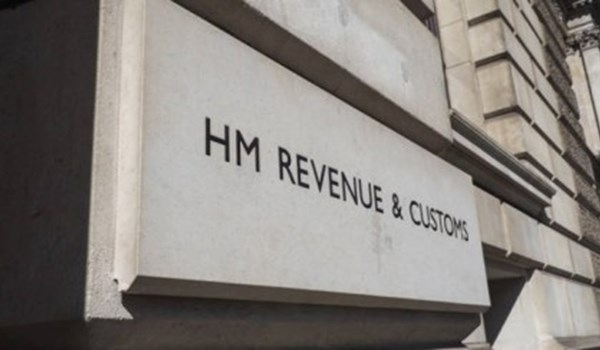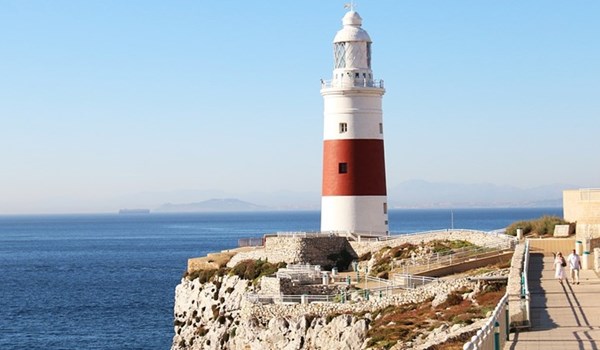Hong Kong, mindful of its need to retain and expand its status as an international financial hub, has rolled out measures to attract investment, encourage wealth management and host family offices.
Measures unveiled by Hong Kong’s government this week to boost asset and wealth management were praised yesterday by Raffles Family Office as a “major upgrade.”
Yesterday, chief executive John Lee Ka-chiu told lawmakers that investors could migrate to Hong Kong by buying residential flats worth no less than HK$50 million ($6.43 million) under Hong Kong’s residency scheme.
The upgraded Capital Investment Entrant Scheme, which requires applicants to make at least a HK$30 million investment, now allows them to buy up flats worth no less than HK$50 million. In a change to the rules, the amount of real estate investment that will be counted as part of the total capital investment is capped at HK$10 million.
The CIES is among a number of measures Hong Kong has unveiled in recent years as it competes against rival wealth management and financial hubs such as Singapore and Dubai. In April, to give one example, Hong Kong said that more than 130 family offices plan to set up or widen operations in the city, and about three-fifths of these offices are ultimately based in mainland China. In June 2023, Hong Kong’s government unveiled its “Network of Family Office Service Providers.”
Raffles Family Office welcomed the enhancements to CIES.
“Building on the success of the relaunched CIES, which have generated an influx of enquiries, the new enhancements increase the scheme’s appeal to ultra-high net worth individuals and families seeking to leverage Hong Kong’s strategic location, low tax environment, and robust financial infrastructure,” Chi-man Kwan, group CEO of Raffles Family Office, said. “These improvements are expected to turn interest into action, particularly for those planning to establish family offices in Hong Kong.”
“We consider the enhancements to the New Capital Investment Entrant Scheme (CIES) as a major upgrade to attract a broader range of international capital and asset owners to Hong Kong,” Chi-man Kwan said.
“Furthermore, we welcome the government’s announcement to consult the industry on its proposal to add qualifying transactions eligible for tax concessions for funds and single-family offices. Tax implications are one of the key considerations for family offices when choosing their location of domicile,” Chi-man Kwan said.
The details
Christopher Hui, Secretary for Financial Services and the Treasury in Hong Kong, elaborated on the changes in discussions with lawmakers.
Specific measures include: promoting private equity funds to develop new sales channels through the Hong Kong Stock Exchange (Hong Kong Exchanges and Clearing Limited); striving to cooperate with large sovereign funds in the Middle East and other regions to jointly fund the establishment of funds to invest in assets in the mainland and other regions; optimize the new Capital Investor Entry Scheme and expand the scope of eligible investments,” Hui said.
“Starting from 1 March next year, investments made through qualifying private companies wholly owned by the applicant can be included in the qualifying investment amount. We will also expand the types of eligible transactions for funds and single-family offices to enjoy tax concessions,” he said.
The minister said that Hong Kong intends to strengthen the city’s status as an international risk management centre and an international asset and wealth management centre. For example, next year, the Insurance Regulatory Authority will conduct a review that includes studying how to enrich the asset allocation of insurance companies through capital requirements for infrastructure investment to help diversify risks and drive infrastructure investment in Beidu [Chinese city] and other areas.
Hui said the city will also upgrade the fixed income market infrastructure and establish a central clearing system for RMB-denominated repurchase transactions to make government bonds issued in Hong Kong more popular collateral.
Relating to the cross-border “Wealth Management Connect” system which connected Hong Kong, the mainland and Macao more than three years ago, Hui said Hong Kong will increase offshore renminbi liquidity, make “good use” of the currency swap agreement with the mainland, enhance the service capabilities of the real-time payment and clearing system, and explore more diversified offshore RMB financing channels.
Hui explained what Hong Kong is doing regarding the gold trading sector and commodities more broadly.
“We pay more attention to the commodity trading ecosystem, because commodities actually account for half, or even more than half, of the goods carried by shipping. If we want to develop a shipping centre, the commodity trading ecosystem is ground-breaking and can be said to be a game changer,” he said. “However, we are still very far away and we are very pragmatic in telling you [lawmakers] that it will take time to establish because there are so many commodities.”



